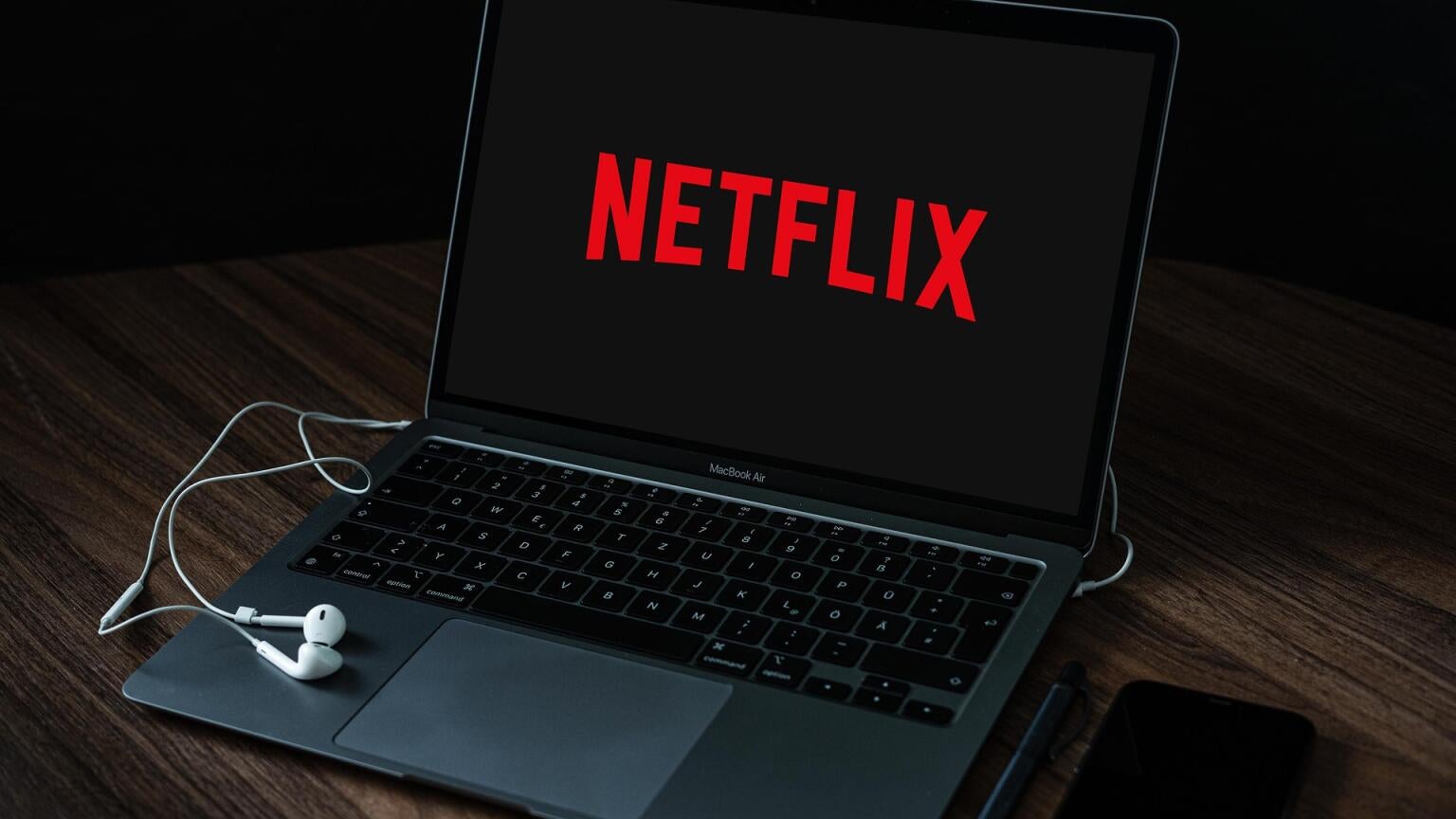
Netflix has long had a policy against sharing passwords with people outside of a household, but enforcement of that rule has always been lax. However, after a particularly bruising first quarter, the streaming giant has made clear that it will start cracking down on those splitting a subscription across multiple addresses. And according to a report by Rest of World, the company’s first steps in that direction are not going too well.
In March of this year, customers in Chile, Costa Rica, and Peru learned that they would have to pay more if they wanted to share passwords with people that they don’t live with. For Netflix, it’s a savvy move because, as research organization Ampere Analysis notes, Central and South America represent the lowest revenue-per-user markets for the streamer. Of course, this also means that those subscribers are more sensitive to price hikes.
Parks Associates analyst Paul Erickson suggests Netflix opted to roll out its new pricing policy in these nations rather than highly profitable countries so that they “don’t potentially suffer a large amount of subscriber goodwill lost.” Needless to say, it’s not as though affected customers are loving the change. Indeed, as Rest of World has discovered, pricing seems to vary from household to household.
Peruvian subscribers pay just shy of $7 for a standard Netflix account. For an additional $2, they can add another two users who don’t live at the same address. But, according to some customers, the messaging has been unclear and not everyone is being asked to pay the extra charge for sharing passwords outside their household.
The National Institute for the Defense of Free Competition and the Protection of Intellectual Property (INDECOPI), a Peruvian consumer rights agency, is questioning Netflix’s policy and whether the seemingly arbitrary nature of the rollout may be discriminatory. INDECOPI notes that it would have to investigate the firm to establish any such wrong-doing, and at the time of writing, it doesn’t seem to have taken such action.
Still, despite the seemingly less-than-elegant launch, Netflix has already indicated that it plans to introduce a similar charging scheme in other markets, though it’s unclear when that will begin. But with the company reportedly losing long-term subscribers and over 100 million people using the service without paying, it will surely want to make that shift before too long. And when they do, Netflix will surely pay attention to how things have gone in Peru.
Netflix
Netflix is a subscription video streaming service that includes on-demand access to 3,000+ movies, 2,000+ TV Shows, and Netflix Originals like Stranger Things, Squid Game, The Crown, Tiger King, and Bridgerton. They are constantly adding new shows and movies. Some of their Academy Award-winning exclusives include Roma, Marriage Story, Mank, and Ma Rainey’s Black Bottom.
